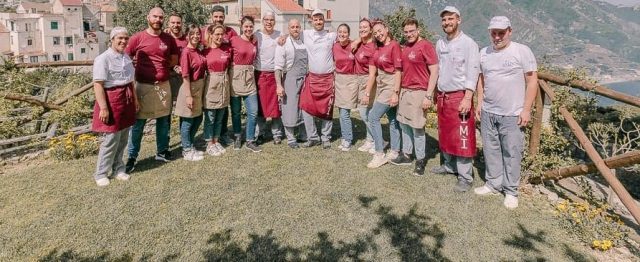The complex resistance to change
When it comes to science it is not enough to use big words or Latin terms to impress, one needs to know what they are saying and be prepared to back it up.
A noteworthy taster, someone who I respect even if we have different philosophic visions when interpreting certain terroirs, recently disappointed me. During a discussion on the aromatic deviations traceable to the presence of Brett, he surprised me by citing two molecules he argued were responsible for these deviations. He then made two observations which I didn’t think had anything to do with the subject at hand and so I asked him to describe or draw these two molecules. My aim was not to show off that I was a trained chemist but to let him see for himself that his observations were not correct, given the nature of the molecules in question.
Nothing. Not only did he not know how to draw or describe the molecules but he hadn’t the faintest idea what ‘family’ they belonged to much less what their chemical and physical characteristics were. While I do not wish to be too boring or technical, when dealing with science it is important to be concrete and ready to back up your conclusions. You cannot hope to ‘impress’ people by mentioning compounds without knowing what they are or mean and this because they are not simply words but have their own origin, particular characteristics and, in any case, own life. What you say must be based on experience, knowledge and awareness. One must have respect for science otherwise it risks losing credibility.
For sure my fellow taster apparently forgot what I got my degree in.
But the point I wish to make is another. Enology is currently making great strides forward thanks to studies and research being carried out all over the world. What this means is that the complex world of wine is becoming understandable with a greater awareness of certain mechanisms that were previously unknown and determine the characteristics of certain varietals. The technology derived from these studies has opened the way to create new interpretations of the grape variety and the terroir. We tasters cannot ignore these advances in the name of a tradition which is, in reality, one based if not on ignorance then on a lack of awareness of new winemaking technology. With full respect for the past, we must open our minds to this new knowledge and change our parameters for tasting and interpreting in view of this new reality.
The great terroirs will always remain great terroirs and may, in fact, obtain new characteristics and greater complexity than in the past.
We need to accept this new productive challenge for the good of wine and to correctly understand it. This will take time and for sure there will be those who will resist change in the name of tradition but this is true in all schools of knowledge. But in the end the new knowledge will be accepted because as Galileo said: “and yet it moves”.

 Italiano
Italiano








